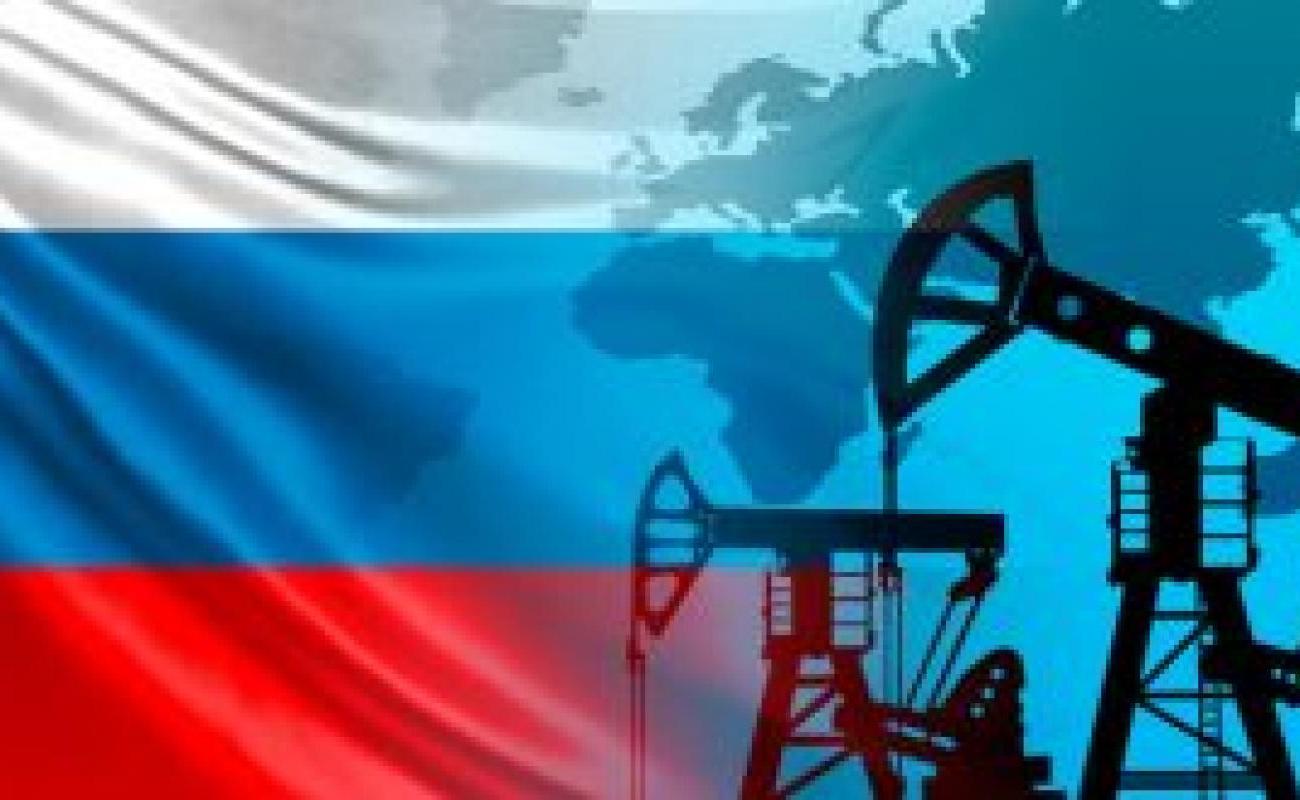The West can still exert energy pressure on Russia. What has changed in the energy markets?
Circumstances in the energy markets have changed. What will it lead to in 2023.

Energy markets are typically unstable, because the energy supply system requires large long-term investments in both production and transportation, while energy demand varies significantly depending on the business cycle. Therefore, energy prices fluctuate sharply.
The last three years have been particularly volatile. First, demand for oil fell during the outbreak of the COVID-19 pandemic in early 2020. Last year, in 2022, the end of the pandemic caused a sharp rise in energy prices, Russia's aggressive war against Ukraine increased oil and gas prices. Gas prices in Europe have risen four times from their highest values ever recorded. The criminal profited unjustly from his crimes.
On the threshold of 2023, circumstances changed. Global energy demand will be low, as economic growth will be minimal everywhere. Much of the world is focusing on reducing fossil fuel consumption to prevent climate change. The global oil market is well supplied, although OPEC+ is restricting supply and is likely to continue to do so, while gas markets are not truly global, as most gas is still delivered by pipeline.
Western sanctions against Russian oil and gas are a big drama. These markets are quite different. Oil is mainly used for the transport sector, and gas for the production of electricity and heating. Oil and gas markets and prices are increasingly divergent.
The Western allies, namely the G-7 and the EU, made a decision to stop importing Russian oil by sea and limited the world price of Russian oil to $60 per barrel. And they could continue to reduce the price of Russian oil. The goal is to limit Russia's income from oil sales while allowing the country to earn enough margin to ensure the supply of the oil market. Despite the Kremlin's protests, these sanctions are likely to work, and the West can gradually tighten the screws by lowering prices.
The gas sector is significantly different. For political reasons, Russia has minimized gas deliveries to Europe in 2022, which former buyers will not forget. As a result of these actions, they will no longer buy Russian gas. Gas prices were too high last summer, as Europeans were desperate to buy as much gas as possible, but now European supplies are full and prices have dropped several times. The Europeans organized new gas deliveries from Norway, Qatar, the USA, Algeria and Azerbaijan. They are ready for a new reality and it is unlikely that they will experience a gas shortage again in 2023. Europe has learned this lesson. Russia is an unreliable gas supplier and few Europeans will buy gas from Russia again. There are many substitutes for this gas. They agreed not to buy oil from Russia anymore. Gas and oil prices are likely to fall due to a lack of global demand. Then Russia will suffer from significantly lower revenues from oil and gas. And this will limit its revenues in the budget so that it cannot cause so much damage to Ukraine in 2023.
